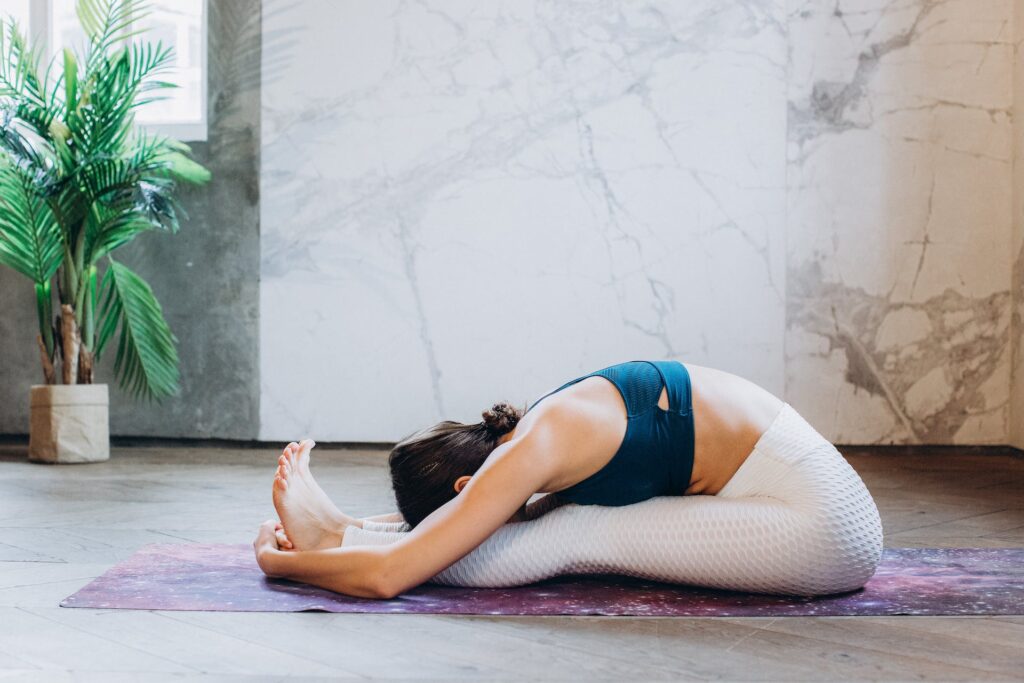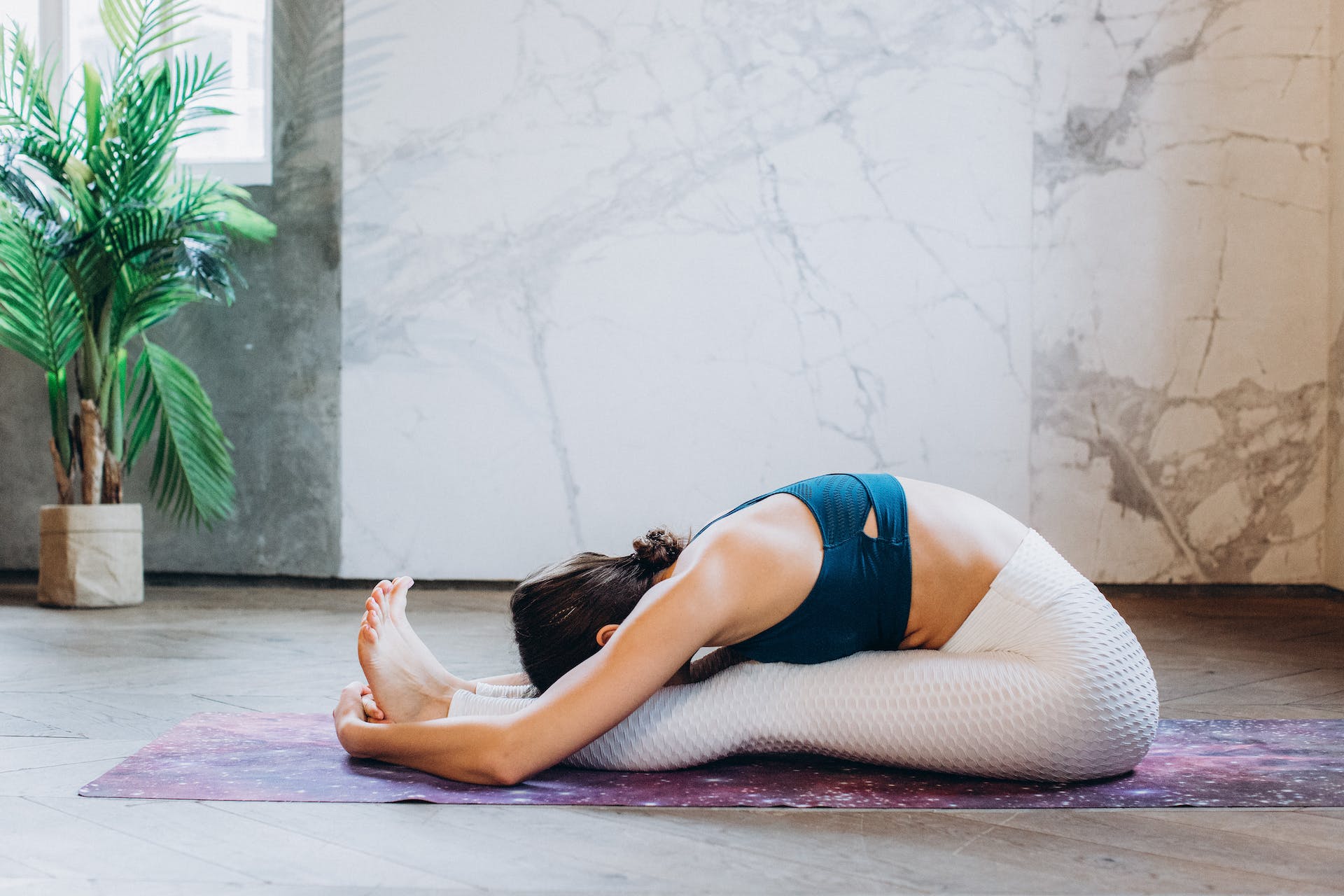Have you ever felt like your mind is constantly racing, jumping from one thought to another, leaving you feeling overwhelmed and stressed? You’re not alone. In today’s fast-paced world, finding a moment of peace can seem like a distant dream. That’s where mindfulness comes in, a simple yet powerful practice that’s been gaining popularity worldwide. Mindfulness for beginners is all about learning to live in the present moment, fully aware and engaged with our experiences without judgment or distraction.

Understanding Mindfulness for Beginners
Mindfulness transcends being merely trendy terminology; it embodies a lifestyle. It involves being acutely aware of your surroundings, tuning into your body’s feelings, and acknowledging your thoughts, all while remaining anchored and not overwhelmed by them. Picture it as mastering the art of surfing life’s waves rather than being toppled by them.
The Roots of Mindfulness
This practice isn’t new; it’s been around for centuries, deeply rooted in ancient traditions. But don’t worry, you don’t need to be a history buff to benefit from mindfulness. It’s a universal practice that transcends cultural and religious boundaries.
The Basic Principles of Mindfulness for Beginners
Embarking on the journey of ‘Mindfulness for Beginners’ is like opening a door to a new world of self-awareness and inner peace. At its core, mindfulness is a practice that encourages us to experience the present moment fully, without judgment or distraction. This concept, simple in theory, can be incredibly profound in its impact.
Living in the Now
Mindfulness is anchored in the present. This involves focusing on the present occurrences, rather than dwelling on past events or future possibilities. This can be incredibly freeing, allowing you to appreciate the little moments of joy and beauty in everyday life.
Simple Mindfulness Techniques for Beginners
Diving into ‘Mindfulness Techniques for Beginners’ is like discovering a treasure trove of tools to enhance your mental and emotional well-being. These techniques, tailored specifically for those new to mindfulness, are designed to gently guide you towards greater awareness and presence in your daily life.
1. Focused Breathing
The first and perhaps most accessible technique is focused breathing. For beginners, this involves simply taking a moment to pay attention to your breath. Find a cozy spot to sit or lie, gently shut your eyes, and become aware of the feeling of air moving in and out of your lungs. Engaging in this activity redirects your focus to the here and now, soothing your thoughts.

2. Body Scanning
Another effective technique for mindfulness beginners is body scanning. This entails a mental journey from head to toe, observing any sensations, tensions, or feelings that arise. The goal is not to change anything but to become aware of your physical state in a non-judgmental way.
3. Mindful Walking
Mindful walking is a fantastic technique, especially for those who prefer a more active form of mindfulness. It involves walking slowly and deliberately, fully concentrating on the movement of your body and the sensation of your feet touching the ground. This can be done anywhere, from a busy city street to a quiet park.
4. Guided Meditation
Engaging in guided meditation is a boon for mindfulness beginners. These guided sessions, often available through apps or online, provide verbal cues to help direct your focus and maintain a state of mindfulness. They can be especially helpful for those who find it challenging to direct their attention without external aid.
5. Mindful Eating
Mindful eating is another technique that brings mindfulness into an everyday activity. It involves paying close attention to the taste, texture, and aroma of your food, as well as your body’s hunger and fullness cues. This not only enhances the eating experience but also encourages a healthier relationship with food.
6. Mindful Journaling
Writing a journal can also be a part of ‘Mindfulness Techniques for Beginners.’ After each session, jotting down thoughts, feelings, and experiences can deepen your mindfulness practice. It provides a reflective space to understand your journey and observe your progress.
For beginners, the key to mindfulness is patience and regular practice. Just dedicating a handful of minutes each day can profoundly influence your total well-being. Remember, ‘Mindfulness for Beginners’ isn’t about perfection; it’s about gently guiding your mind back to the present moment and experiencing life as it unfolds, one breath, one step, one bite at a time.

Benefits of Practicing Mindfulness
Delving into the topic of ‘Benefits of Practicing Mindfulness,’ especially for beginners, unveils a treasure trove of positive impacts that touch various aspects of our lives. Mindfulness for beginners transcends mere practice; it’s a transformative expedition offering extensive benefits:
- Enhanced Mental Clarity and Focus: Regular mindfulness practice helps in clearing the mental clutter, allowing for improved concentration and focus. Beginners often notice a sharper mind and better memory retention.
- Stress Reduction: One of the most celebrated benefits of mindfulness for beginners is its ability to significantly reduce stress levels. By focusing on the present moment, mindfulness practitioners learn to mitigate overwhelming feelings, leading to a more relaxed state of mind.
- Emotional Well-being: Mindfulness aids in recognizing and managing emotions more effectively. This emotional regulation can lead to reduced instances of mood swings, anxiety, and depression.
- Improved Physical Health: Surprisingly, mindfulness doesn’t just benefit the mind. Studies have shown that it can also have positive effects on physical health, such as lowering blood pressure, enhancing sleep quality, and boosting the immune system.
- Enhanced Self-Awareness: Beginners in mindfulness often discover an increased sense of self-awareness. This deeper understanding of oneself can lead to personal growth, better decision-making, and an enhanced sense of empathy towards others.
- Better Relationships: With improved emotional intelligence comes better communication and deeper connections in personal and professional relationships. Mindfulness fosters a sense of compassion and understanding, crucial elements in any relationship.
- Coping with Pain and Illness: For those dealing with chronic pain or illness, mindfulness for beginners can be particularly beneficial. It teaches pain management techniques and helps in coping with the psychological aspects of chronic illness.
- Increased Resilience: Regular mindfulness practice builds mental resilience, equipping beginners to handle life’s challenges more effectively. It fosters a mindset that views obstacles as opportunities for growth.
The benefits of practicing mindfulness for beginners are extensive and deeply impactful. It’s a journey that not only enhances mental and physical health but also enriches the overall quality of life.
Integrating Mindfulness into Daily Life
Integrating “Mindfulness for Beginners” into daily life is a transformative process that seamlessly blends into your routine, enriching every moment.
Making Mindfulness a Habit
The key to reaping the benefits of mindfulness is consistency. It’s about making small changes to your daily routine, like taking a few minutes each morning to meditate or practicing mindful breathing during your commute.

Mindfulness in Everyday Activities
Mindfulness can be woven into nearly every activity you engage in. Eating, listening to music, and even washing dishes can be mindful activities if you focus on the experience and stay in the moment.
Overcoming Challenges in Mindfulness for Beginners
Embarking on ‘Mindfulness for Beginners’ is a rewarding journey, but it’s not without its hurdles. Initially, beginners might find their minds wandering frequently or struggle to maintain regular practice.
Staying on Track
Like any new habit, sticking with mindfulness can be tough. You might forget to practice or find it hard to focus. Don’t get discouraged. It’s all part of the journey.
Advanced Mindfulness Techniques
Diving deeper into ‘Advanced Mindfulness Techniques’ offers a richer, more nuanced exploration for those who have begun their journey with ‘mindfulness for beginners.’ These advanced practices can significantly enhance your mindfulness experience, taking you beyond the basics and into a more profound realm of self-discovery and inner peace.
Mindful Movement Practices (like Yoga or Tai Chi):
- Engage in slow, deliberate movements, fully aware of your body’s sensations and the space it occupies.
- Combine breath and movement to deepen the sense of presence and body awareness.
Loving-kindness Meditation:
- Cultivate feelings of goodwill and kindness towards yourself and others.
- Recite specific phrases or mantras that evoke a sense of compassion and warmth.
Mindfulness Retreats:
- Attend structured retreats, often in serene settings, dedicated to intensive mindfulness practice.
- Experience guided sessions, silent meditation, and the supportive community of fellow practitioners.
Insight (Vipassana) Meditation:
- Focus on the nature of your thoughts and feelings, observing them with detachment.
- Gain deeper insights into the patterns of your mind and the nature of reality.
These advanced techniques offer a pathway to deepen the mindfulness journey you started as a beginner. Remember, while mindfulness for beginners lays the foundation, these advanced techniques build a structure of enduring mindfulness and inner tranquility.

Mindfulness and Other Self-Improvement Practices
Mindfulness complements other self-improvement efforts beautifully. Whether you’re working on your fitness, nutrition, or mental health, mindfulness can enhance your progress.
Digital Tools and Resources
There are so many resources out there to help you on your mindfulness journey. Apps, online courses, books, podcasts – the list goes on. Explore and find what works best for you.
Conclusion
Embark on your mindfulness journey today and experience the transformative power of living in the present. Embrace the serenity and clarity that mindfulness for beginners offers. Keep in mind, that this path is about the journey, not just the endpoint, and every single stride matters. Start your path to a more peaceful life now – take the first step and explore mindfulness today. Your journey to inner peace awaits!





